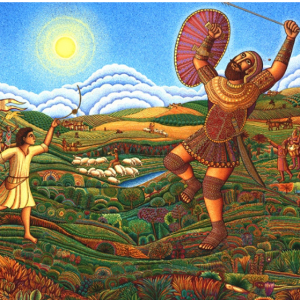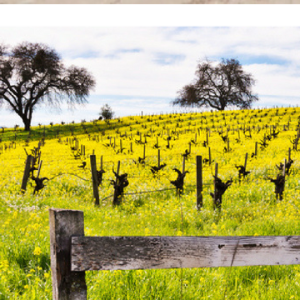Episodes

Sunday Jul 14, 2024
Sunday Jul 14, 2024
If you are a human being, you live with regrets. We will hold them our full lives. How much they hold us is in part up to us. Hopefully this practical teaching will help you live your human life, with regrets and all.

Sunday Jul 07, 2024
Sunday Jul 07, 2024
Jesus went back to his hometown and was rendered essentially powerless by the unbelief of people who were not willing to see him for more than he had been. This passage offers us a moment to learn about the process of transformation, so that we continue to grow in faith and not be the ones limiting the flow of the Spirit of God. This story also invites us to consider when it's time to cut bait, as Jesus did, when he realized shalom wasn't going to flow in Nazareth due to the obstinance of the townspeople.

Sunday Jun 30, 2024
Sunday Jun 30, 2024
Enjoy this incredibly rich, relevant story remembered from Jesus' life. May you reach for the tzitzit on the kanaph in pursuit of the sozo you want and the sozo you need!

Sunday Jun 23, 2024
Sunday Jun 23, 2024
The tales of David and Goliath and Jesus calming the storm offer some wisdom for how we face our own giant storms.

Sunday Jun 16, 2024
Sunday Jun 16, 2024
Jesus shared two provocative parables - one about sowing seeds and the other about mustard. How do these relate to our lives today? How do they inform our actions in a world that needs more shalom?

Tuesday Jun 11, 2024
Tuesday Jun 11, 2024
We are prone to repeating and repeating and repeating behavior that keeps us in cycles that at least hold us back and sometimes cause enormous pain and suffering in ourselves, relationships, and world. There is a way forward that leads to freedom, health and growth for one and all.

Sunday Jun 02, 2024
Sunday Jun 02, 2024
Enjoy this fantastic teaching offered by Angie Barker-Jackson, built around the story of God visiting Abraham under the trees of Mamre. Profound insights here!

Thursday May 30, 2024
Thursday May 30, 2024
Stories connect us. Listen to these stories celebrating people in our lives who made a difference. Who is an unsung hero in your life?

Sunday May 19, 2024
Sunday May 19, 2024
This week we take a look at the event that made this day the birthday of the Church, and spend some time celebrating CrossWalk's many people who make it such a great space.

Sunday May 12, 2024
Sunday May 12, 2024
In this final segment of the teaching series informed by Diana Butler Bass' Freeing Jesus book, we pay special attention on the spiritual presence Jesus promised would come, with a special nod to the Spirit's feminine characteristics.
